- Home
- slideshows
- miscellaneous
- The story of Chris Hughes, who made a fortune by helping Mark Zuckerberg create Facebook, but now thinks it should be broken up
The story of Chris Hughes, who made a fortune by helping Mark Zuckerberg create Facebook, but now thinks it should be broken up
Chris Hughes was born in November 1983 in North Carolina. He grew up in Hickory, right near the center of the state.

When it came time for high school, Hughes decided to escape the South, and attended boarding school at Phillips Academy in Massachusetts on a "very generous financial-aid package."
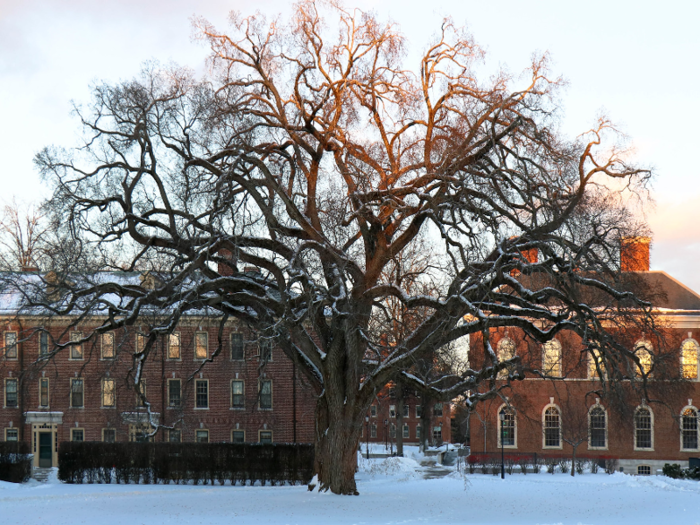
Source: Fast Company
The experience proved incredibly transformative for Hughes. As he once told Fast Company: "I went to boarding school Southern, religious, and straight, and I left boarding school not being at all religious and not being straight."
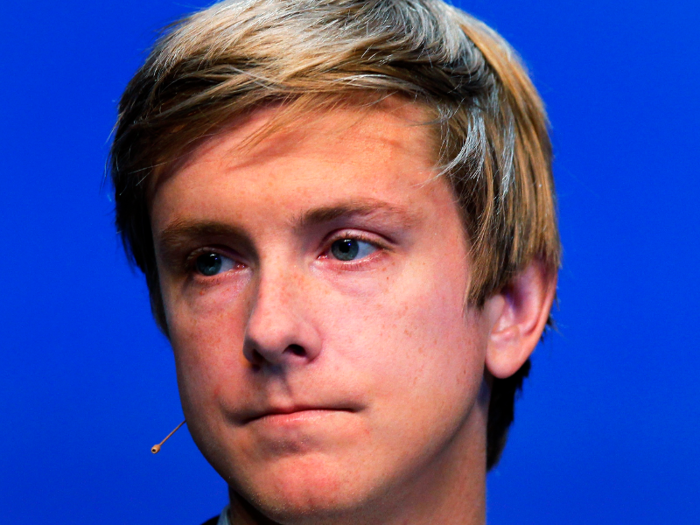
Source: Fast Company
Hughes then secured a scholarship to Harvard University, where he met Mark Zuckerberg his freshman year. At the time, "The Facebook" was just an idea that began "as a kind of experiment," Hughes once told Reddit users.
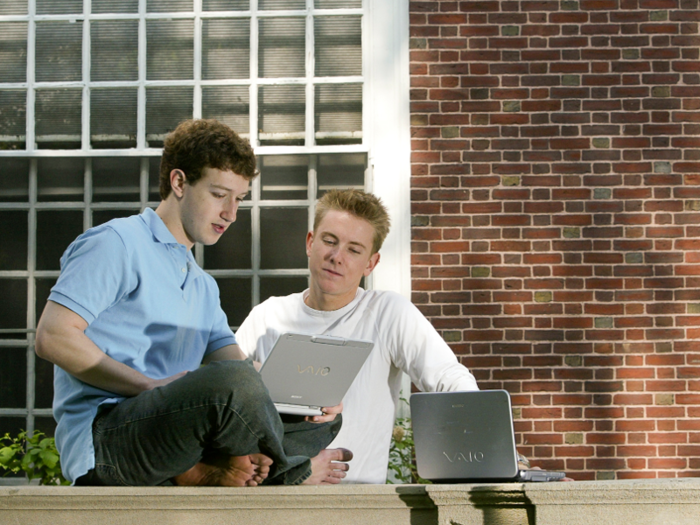
Source: Fast Company, Business Insider
Hughes was brought on to help found Facebook, although he wasn't super-technical, he proved adept at user experience and product design — earning him the nickname "the Empath" among his new coworkers.
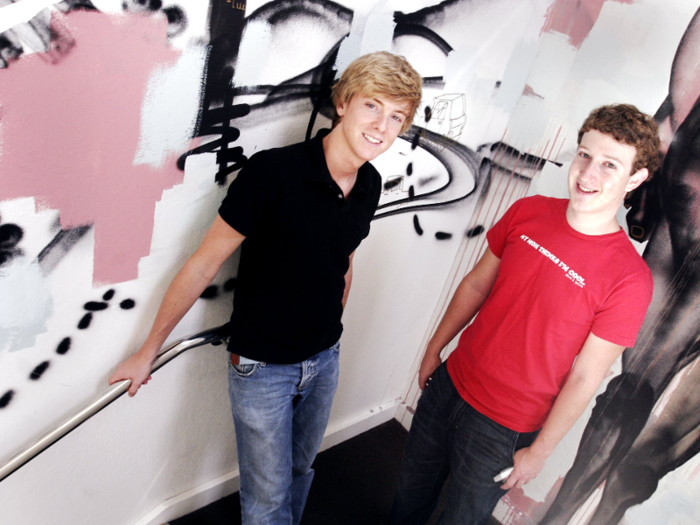
Source: Fast Company
By sophomore year, Hughes and Zuckerberg were roommates. Their dorm room makes a cameo in the "The Social Network," the 2010 movie about Facebook's early days, where Hughes is played by actor Patrick Mapel. Hughes said the film embellished some details. "Our dorm room did not in fact look like a luxury condo and (to my knowledge!) there was no sex in the bathroom."
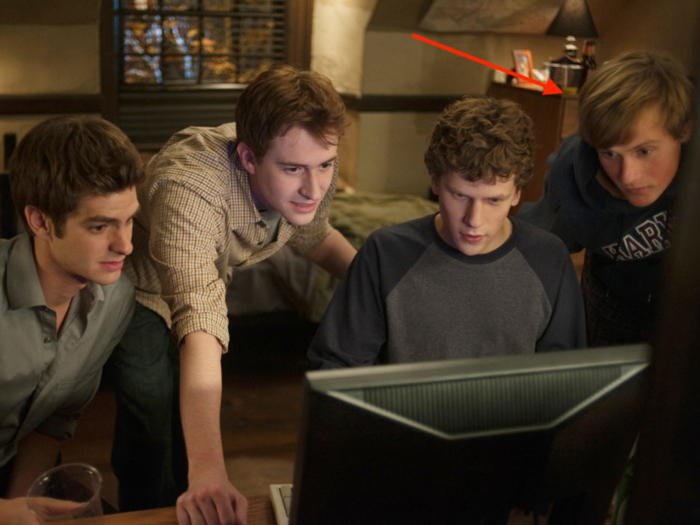
Source: Business Insider, IMDb
In March 2004, Zuckerberg and Hughes met privately on a walk in the rain to discuss Hughes' equity in the company. Hughes asked for a 10% stake, but Zuckerberg told him he didn't think he "earned that much." Hughes caved under the pressure, and Zuckerberg decided to give him 2% ownership, the lowest stake of all the cofounders.
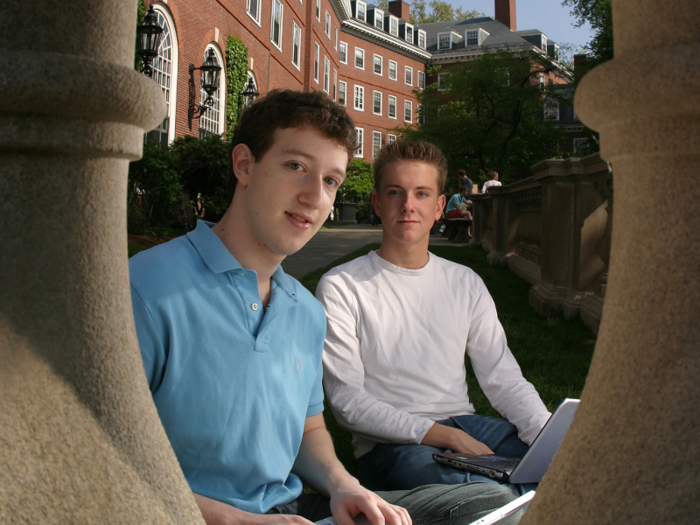
Source: Business Insider
For summer break after their sophomore year at college, Hughes traveled with Zuckerberg and another cofounder, Dustin Moskovitz, to Silicon Valley. Although Moskovitz and Zuckerberg dropped out of Harvard to stay in California and work on Facebook, Hughes said he "didn't have the money to just hang out," and he returned to school.
Source: Fast Company
Hughes graduated from Harvard in 2006 with a major in French history and literature, even as he spent "several hours a day" during his senior year working on Facebook. After graduation, he joined Zuckerberg out in Palo Alto as Facebook's spokesperson.
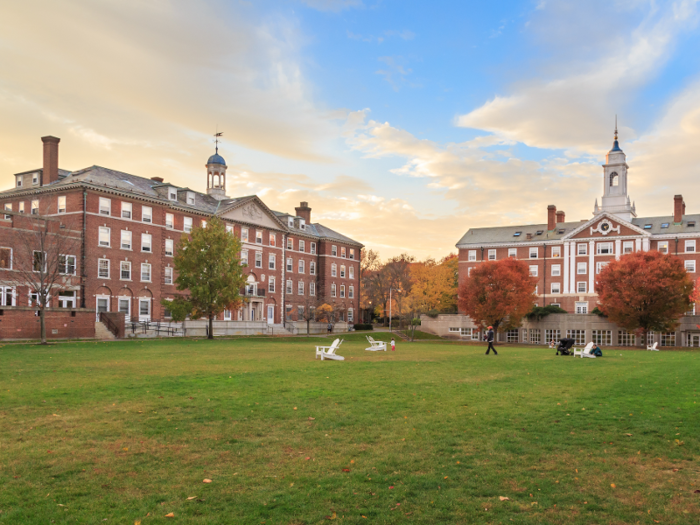
Hughes stayed with Facebook for a few more years. By 2006, Facebook was fielding acquisition offers from numerous tech companies, including a $1 billion offer from Yahoo. Zuckerberg turned them all down.
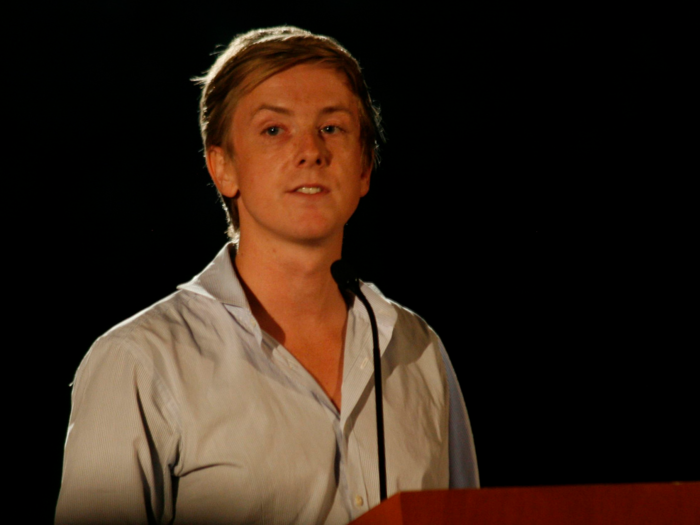
Source: Business Insider
As the midterm elections geared up in late 2006, Facebook gave political candidates the ability to set up special profile pages. Hughes was tasked with helping the team supporting Barack Obama's page. He grew interested in Obama's politics, and ultimately left Facebook to join his nascent presidential campaign.
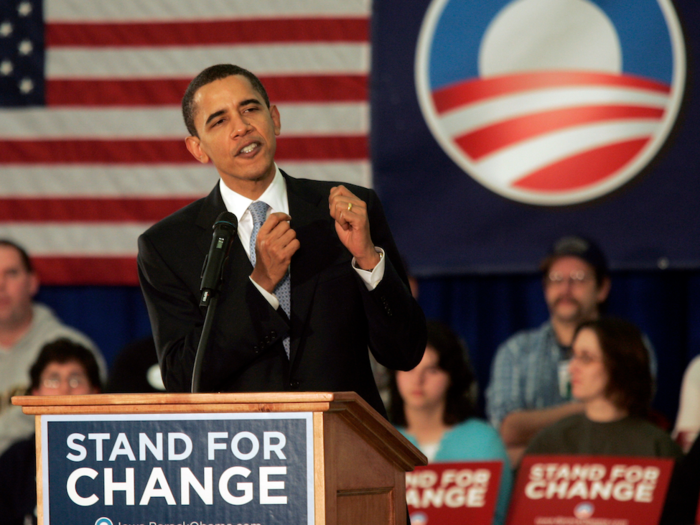
Hughes moved to Chicago and became known as the Obama campaign's "online organizing guru." He was behind Obama's wildly successful social network, my.BarackObama.com, through which supporters could find out about events, volunteer, and organize on a local level.
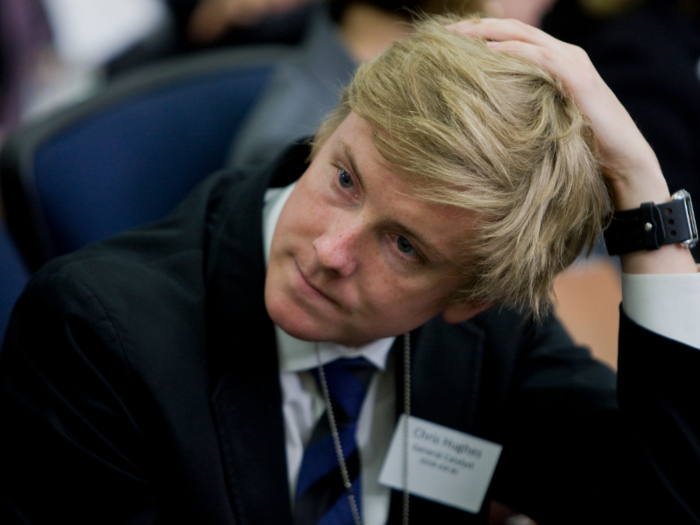
Source: New York Times
Following his successful stint on Obama's presidential campaign, Hughes pursued a few different ideas. He briefly served as an entrepreneur in residence at venture capital firm General Catalyst. In 2010, he founded a nonprofit called Jumo, now called Global Giving, which assists people in finding ways to help the world.
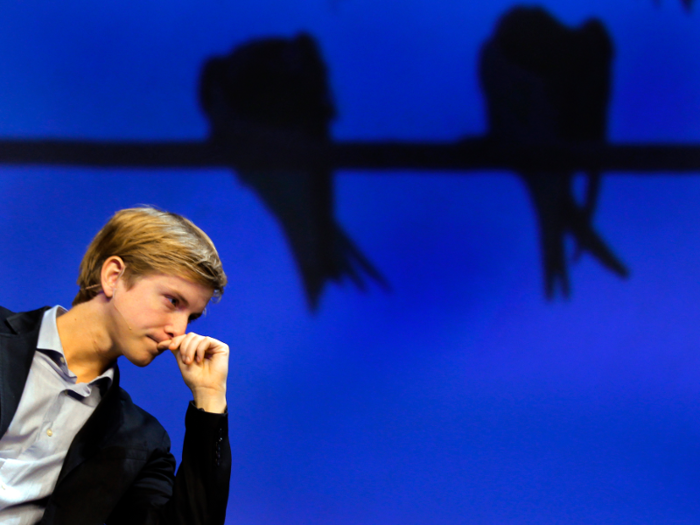
Source: TechCrunch, Fast Company
Hughes' next venture, in 2012, was to buy a majority stake in longstanding magazine The New Republic, motivated by an interest in "the future of high-quality long-form journalism." With Hughes as publisher and editor-in-chief, The New Republic suffered, and many of its writers resigned. After putting $25 million into the magazine, Hughes sold it in 2016.
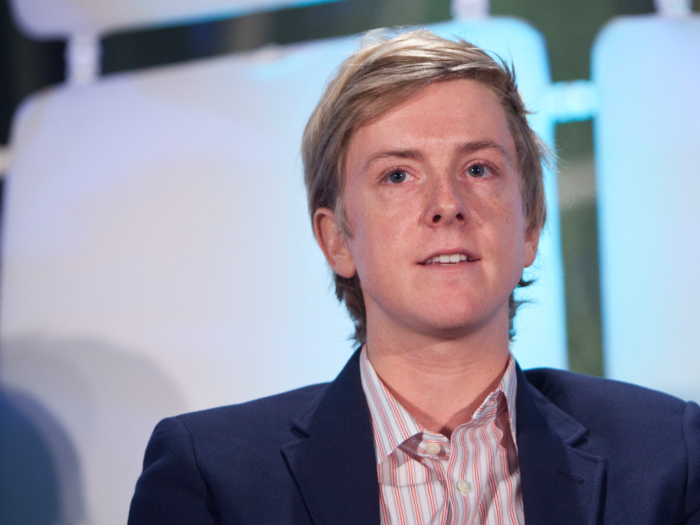
Source: New York Times, Business Insider
By the time Facebook went public in May 2012, Hughes had been gone from the company for about five years. However, his 2% stake in the company had grown to a value of about $500 million, which he cashed out soon after the IPO.
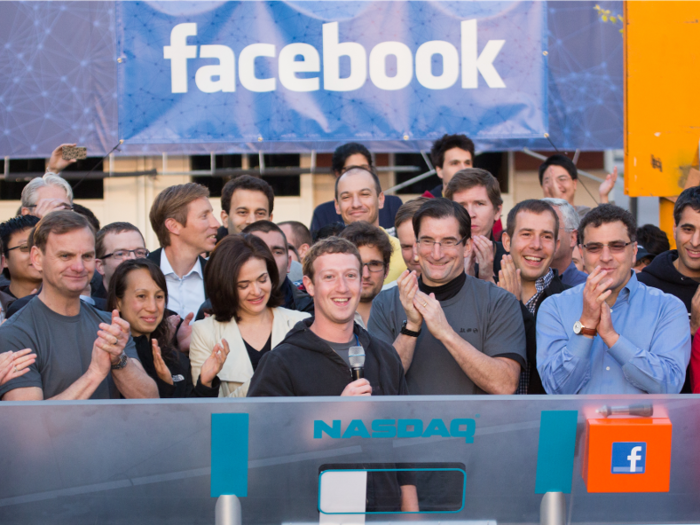
Source: Business Insider
Nowadays, Hughes serves as the co-chair of the Economic Security Project. The nonprofit advocates for Universal Basic Income, a system in which every citizen under a certain income level in the United States would receive a monthly stipend.
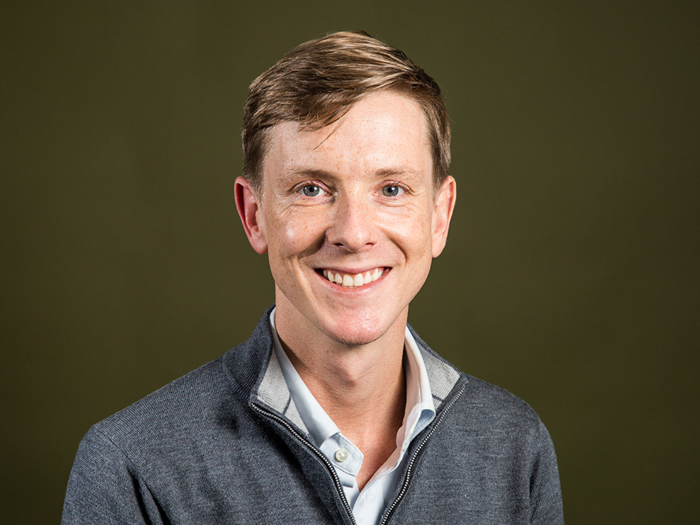
Source: Business Insider
As for Hughes' personal life: In 2012, Hughes married Sean Eldridge, a political activist and advocate for same-sex marriage, who met in their college years. When the couple got married, they were two of the first Facebook users to adopt the social network's then-new icons for same-sex marriage.

Source: Business Insider, New York Times
On Christmas Day 2018, Hughes and Eldridge announced on Facebook they had a son.

In an op-ed published in May 2019, Hughes called on the U.S. government to break up Facebook. He warned about the "dangers of Facebook's monopoly," and argued that Zuckerberg had prioritized the company's growth over user privacy, safety, and democratic influence.
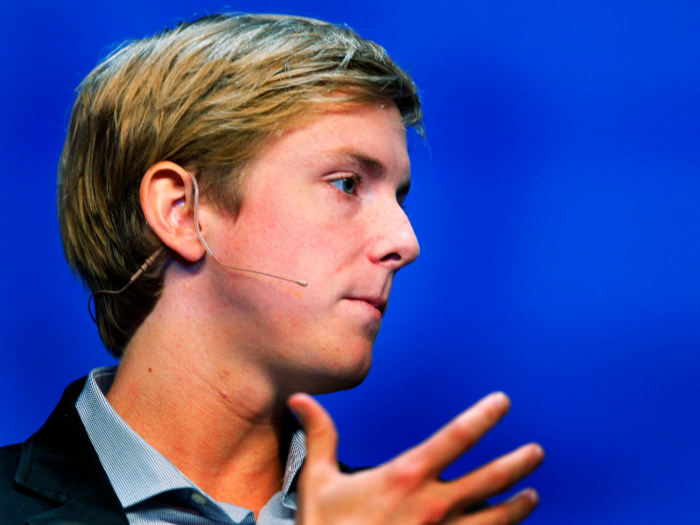
Source: The New York Times
Popular Right Now
Popular Keywords
Advertisement